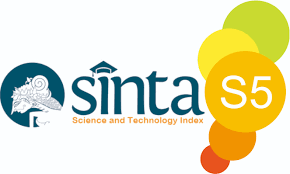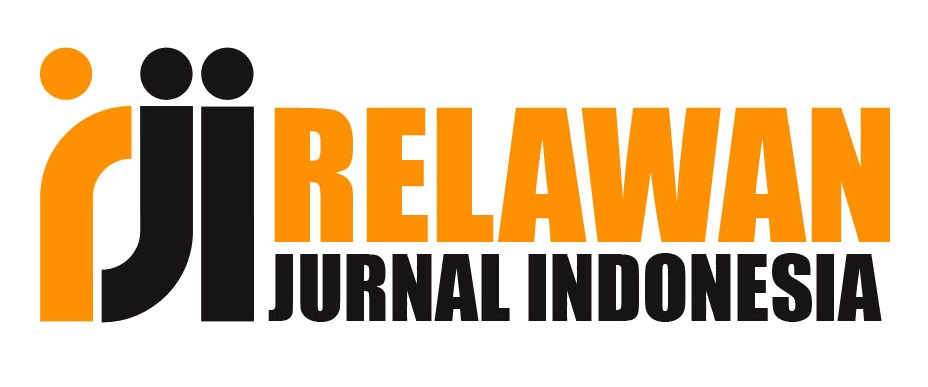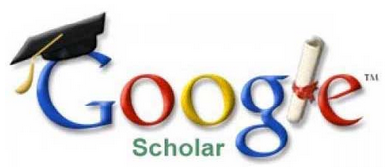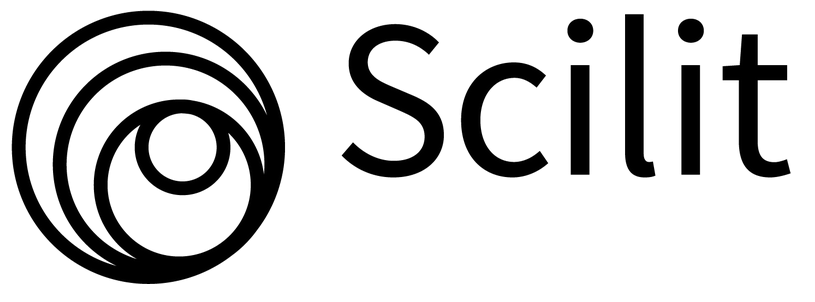| ..:: QUICK MENU ::.. |
| Focus and Scope |
| Peer Review Policy |
| Open Access Statement |
| Plagiarism Screening |
| SOP of management in Manuscript |
| Article Processing Charge (APC) |
Plagiarism Screening
PLAGIARISM, DISCLAIMER, AND RETRACTION POLICY
Plagiarism Policy
All manuscripts submitted are screened by grammarly software to avoid plagiarism. Regarding to plagiarism policy Editorial Team follow the rules: (1) Manuscript will be rejected if similarity index higher than 20%. In this case, author(s) kindly advised to submit their manuscripts after revision. (2) Manuscripts will be accepted for double blind peer review process if similarity index equal to or lower than 20 % (3) All author(s) accept the above mentioned rules by submitting their manuscript.
Disclaimer
The views expressed in the published works do not express the views of the Editors and Editorial Staff. The authors take legal and moral responsibility for the ideas expressed in the articles. Publisher shall have no liability in the event of issuance of any claims for damages. The Publisher will not be held legally responsible should there be any claims for compensation.
Retraction Policy
Legal limitations of the publisher, copyright holder or author(s), infringements of professional ethical codes, such as multiple submissions, bogus claims of authorship, plagiarism, fraudulent use of data or any major misconduct require retraction of an article. Occasionally a retraction can be used to correct errors in submission or publication. The main reason for withdrawal or retraction is to correct the mistake while preserving the integrity of science; it is not to punish the author. Standards for dealing with retractions have been developed by a number of library and scholarly bodies, and this practice has been adopted for article retraction by JEKI: in the electronic version of the retraction note, a link is made to the original article. In the electronic version of the original article, a link is made to the retraction note where it is clearly stated that the article has been retracted. The original article is retained unchanged, save for a watermark on the PDF indicating on each page that it is “retracted.”










